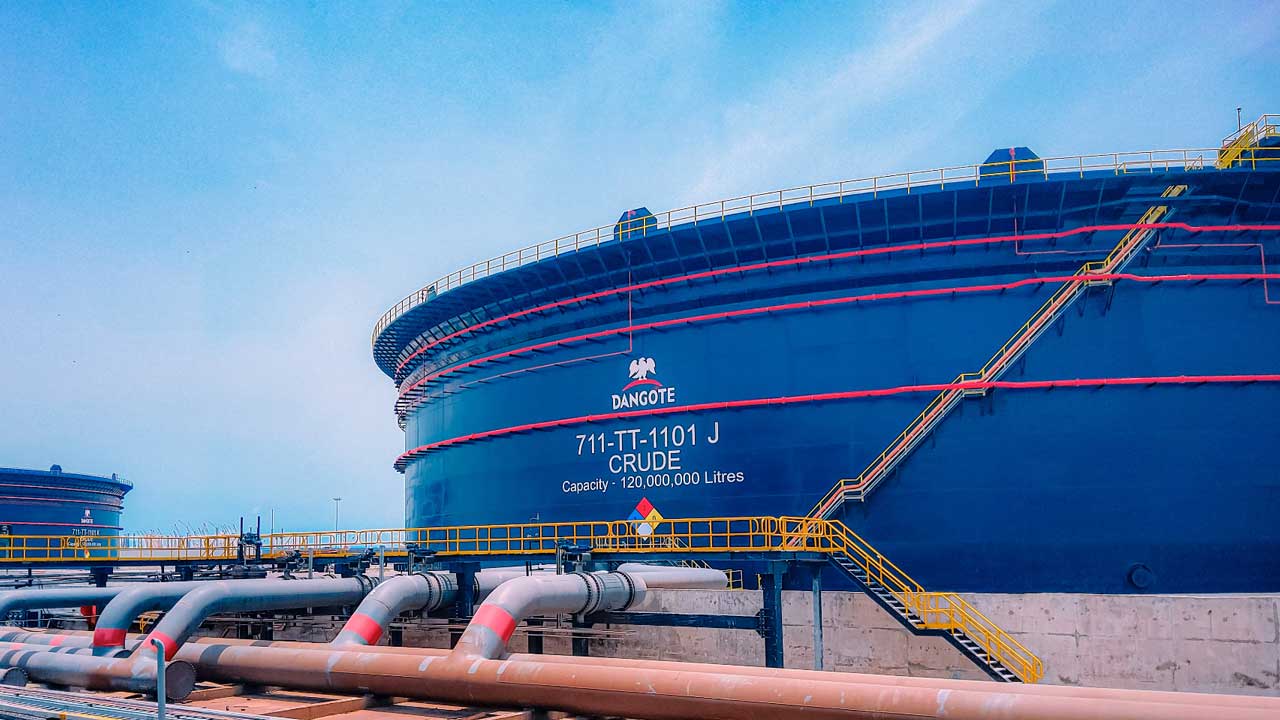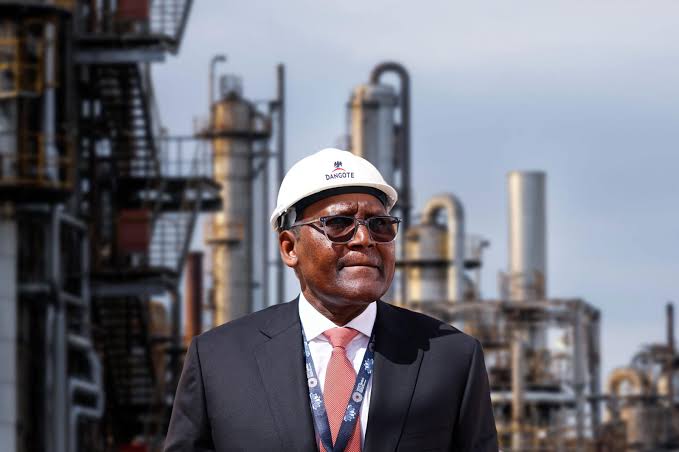Tensions flared when Dangote Refinery reportedly dismissed over 800 staff members who had joined the Petroleum and Natural Gas Senior Staff Association of Nigeria (PENGASSAN). The union described the sackings as a violation of labour law and accused the company of replacing them with expatriates. The refinery, by contrast, defended the terminations, claiming they formed part of restructuring to prevent sabotage and improve safety.
NLC Steps In, Issues Mobilisation Directive
The Nigeria Labour Congress (NLC) quickly entered the dispute. In a strongly worded memo, NLC President Joe Ajaero called on affiliate unions to full mobilisation against Dangote. He accused the group of behaving like a “state within a state,” trampling workers’ rights, and defying both the Constitution and international labour conventions. The NLC demanded that Dangote cease intimidation, respect union freedom, and submit to national labour laws.
NLC placed its affiliates on alert and directed them to start organising action committees within 72 hours. The union warned that endless dialogue no longer suffices and that decisive, collective action must follow.
Industrial Action: PENGASSAN’s Moves
Meanwhile, PENGASSAN launched widespread strike measures. It ordered its members to cut off crude oil and gas supplies to the Dangote Refinery, essentially shutting down operations from the supply chain side. It also called for nationwide industrial action, with many regulatory bodies, including NNPC, NUPRC, and NMDPRA, shuttered by walkouts.
While Dangote obtained a court injunction aimed at preventing the union from obstructing supply, PENGASSAN rejected its legitimacy, asserting it had not been formally served.
Stakes, Risks, and Economic Fallout
This showdown carries major risks. Nigeria’s oil sector contributes heavily to government revenue and foreign exchange. Any sustained disruption in refining or supply could ripple across fuel markets. If unions expand strike lines or if other sectors join, the crisis could paralyze broader parts of the economy.
For Dangote, the reputational damage is serious. Accusations of union busting and legal violations could discourage investors and provoke government intervention. For workers and unions, their leverage rests on maintaining unity and moral legitimacy.
What Next and Possible Resolutions
The federal government signaled its willingness to mediate between the parties. Talks may aim to reinstate dismissed workers, enforce compliance, and revise internal policies at the refinery.
Legal proceedings may also play a major role. If courts uphold the workers’ rights and strike down the legality, Dangote might face compensation orders. However, delays in courts or weak enforcement could frustrate resolution.
Union strategy going forward will matter. The NLC and PENGASSAN must maintain disciplined action, clear communication, and public support. Should they falter, Dangote might ride out pressure until fatigue sets in.
Conclusion
The dispute between Dangote and PENGASSAN has escalated into a national crisis, with the NLC mobilising workers for strike action. At issue lie mass sackings, rights to unionize, and the balance of power in Nigeria’s largest privately owned refinery. As industrial action unfolds and mediation attempts proceed, the country will watch closely. The outcome could shape labor relations, corporate governance, and investor confidence in Nigeria’s energy sector.
Click here to read about Trump Imposing Heavy Tariffs on Drugs, Furniture, and Trucks




One thought on “NLC Mobilises Strikes Against Dangote in PENGASSAN Dispute”